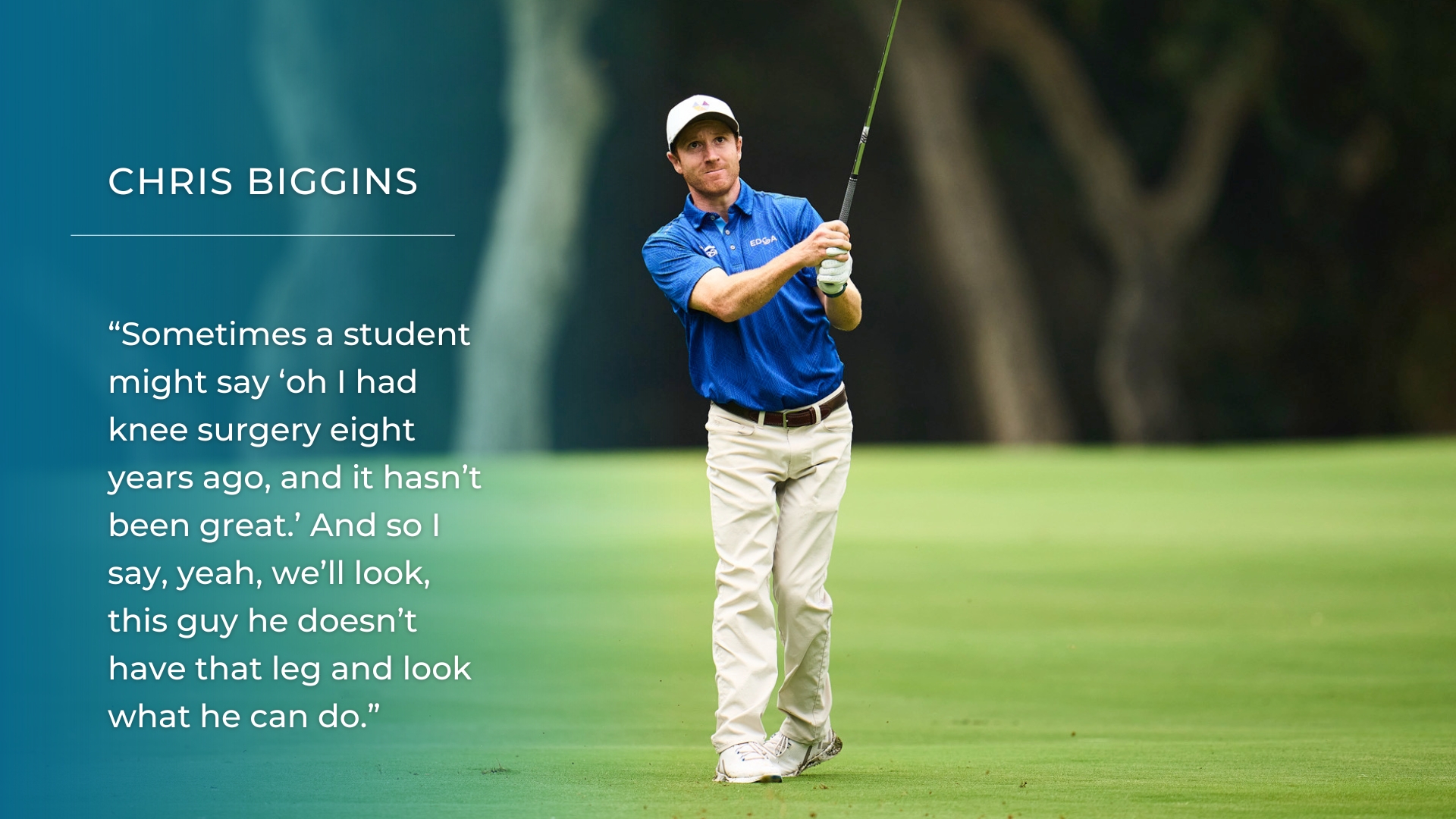Audio:
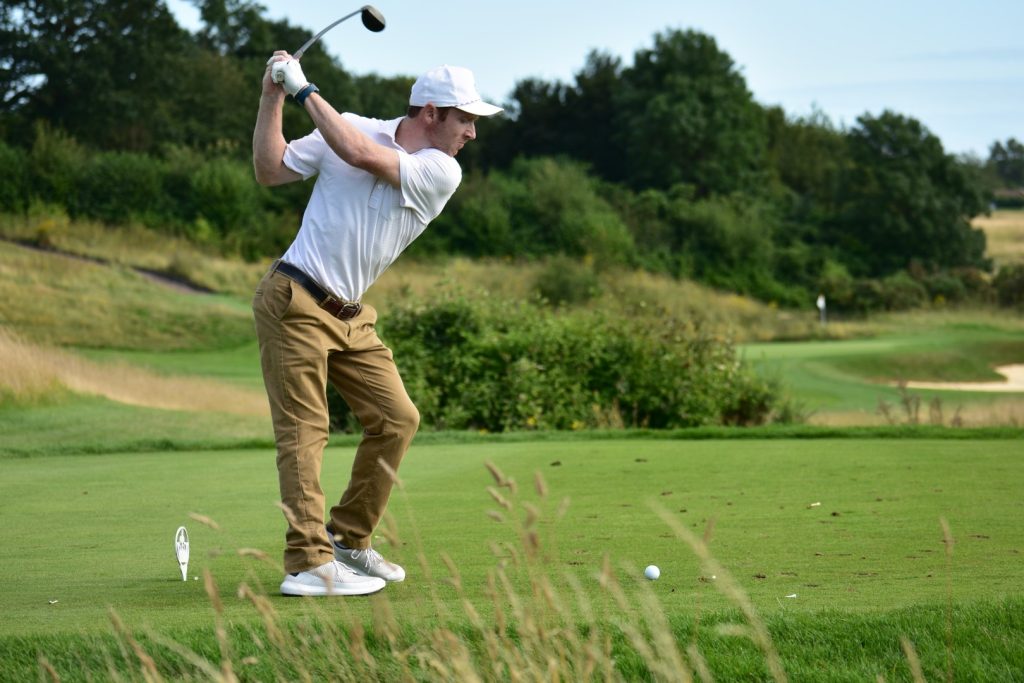
Gratitude is the act of being thankful. Gratitude, it is said, improves sleep, reduces stress and increases happiness. When someone genuinely grateful is in our presence, then there is a distinctive aura. Call it peacefulness, call it calmness, call it humility, call it whatever you like, it is unmistakable.
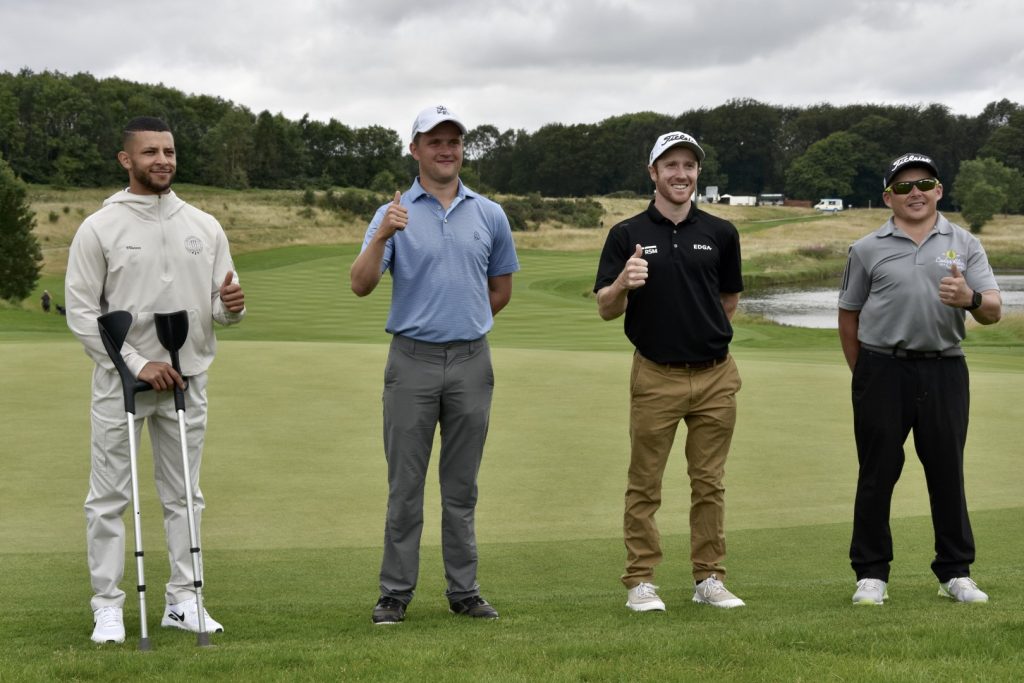
Chris Biggins is grateful. With cerebral palsy (CP) as a constant companion, it would be easy for Chris to look at others and think why me? But that never seems to be a thought that crosses his mind. Everything about Chris exudes a quiet confidence, a sense that he knows who he is, knows where he is going, and that he is grateful.
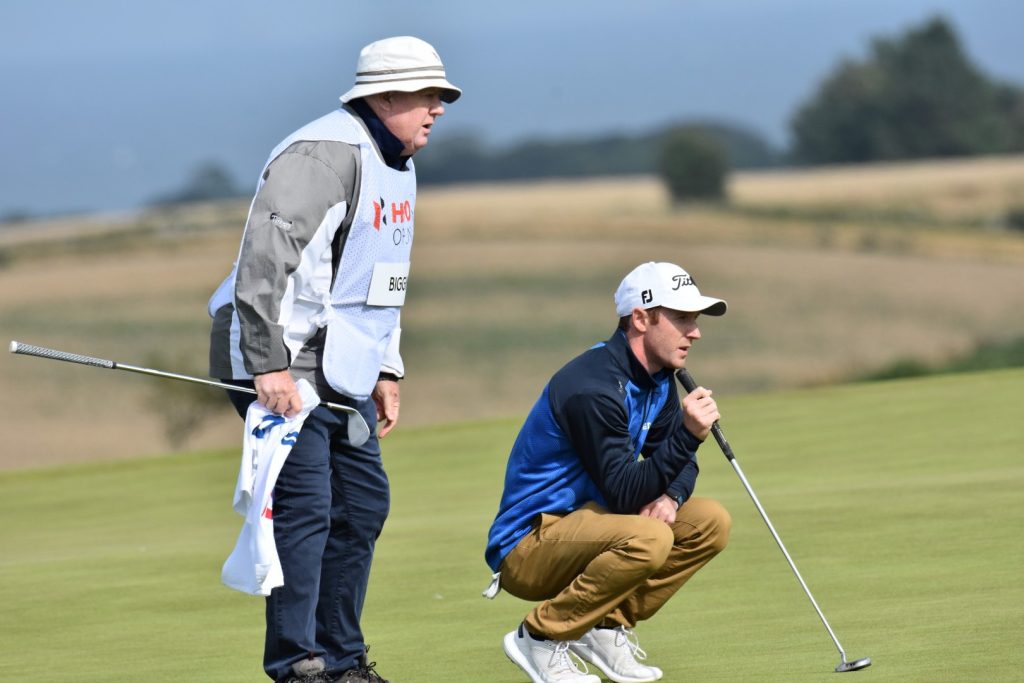
Chris, the middle of three brothers, Michael who is older and Patrick, grew up in Clarksville, Maryland, the 7th state of the United States of America. It was at a Mid-Atlantic Region public golf course that Chris started to play golf, “Dad had a friend who had turned professional at a local golf course called Enterprise, and so instead of going away in the summers, he would drop us off, and we’d help out the professionals early in the morning. It was almost like a little day care thing revolving around golf…we had the seed planted there.”
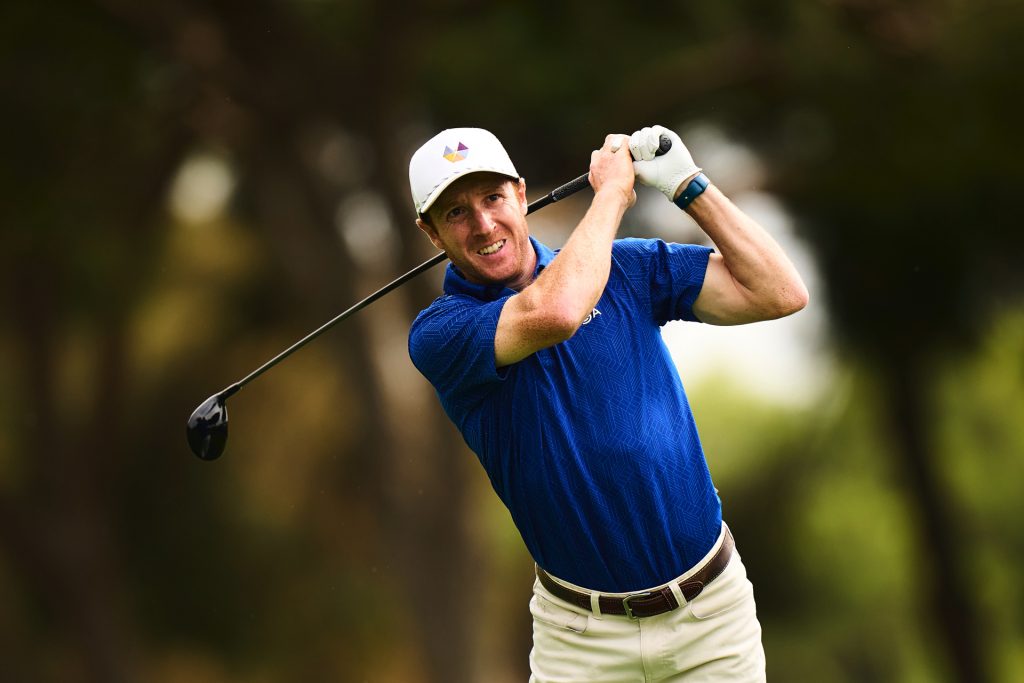
It is said that every seed contains a tiny plant waiting for the right conditions to germinate, grow and flower. The experience at Enterprise really helped Chris, and it was at Paint Branch Golf Course where he made lots of new friends, “It was my second home, and they let me practice and play for almost nothing when I was a kid, soon it became the thing to do during the summers. I got more into it through the First Tee programme,” says Chris, “It was more of a fun environment there, and then afterwards in high school golf became the centre of it. But that was really the starting place that made golf fun for the three of us, where we would gain interest.”
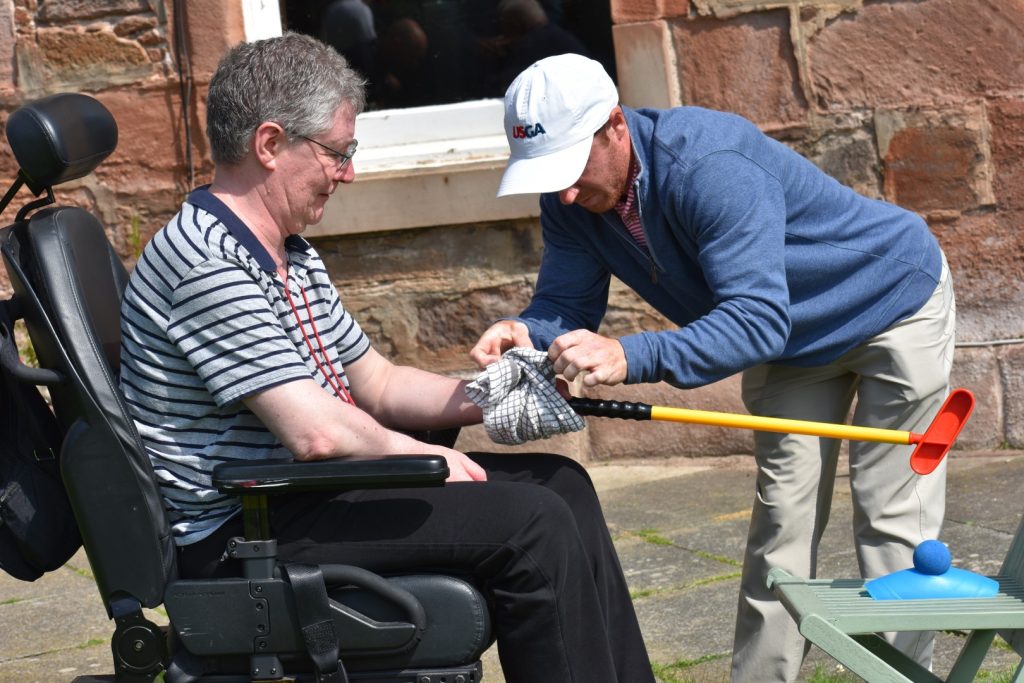
Chris has a form of CP that affects his leg muscles and has produced a Lordosis (spinal curve) in his lower back. “Some of my muscles are overactive, and they’re almost constantly contracting while others are trying to fight against those, but they’re weaker so they don’t really have much that they can do. For example, my quads are super tight, and my hamstrings are very weak.” Daily stretching and workouts help Chris to minimise the effects of his CP. Moving, going to the gym, walking, and trying to be active is essential, “My job allows me to be outside. It’s probably why I chose that career path.”
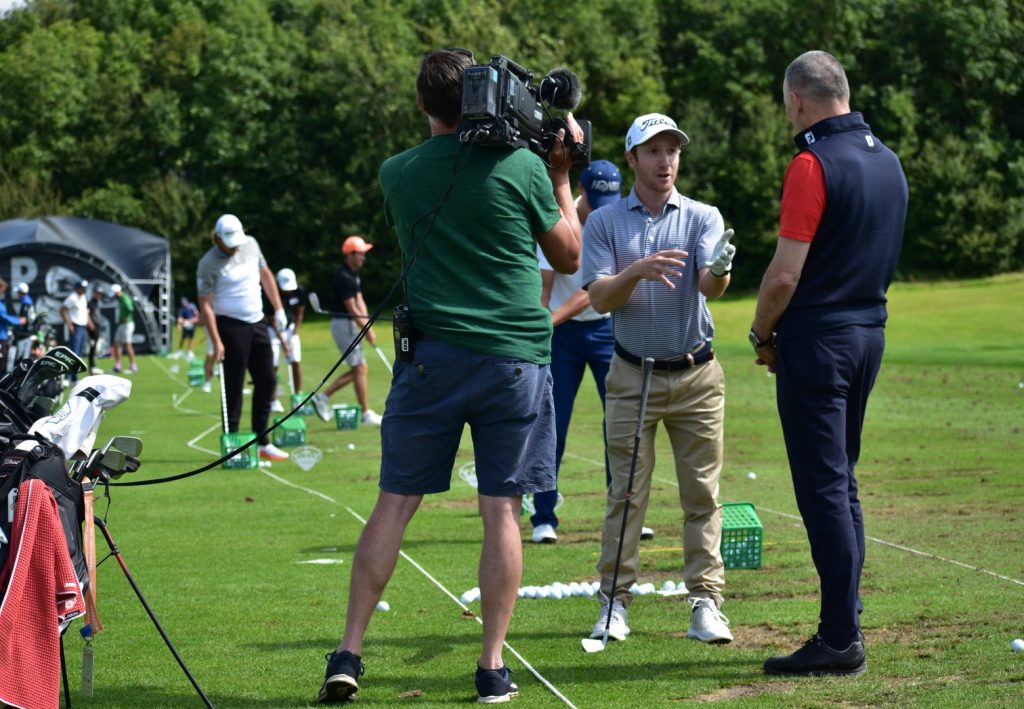
His career? Well, remember the seed planted at Enterprise Golf Club, it had been growing as Chris recalls, “After high school, I wanted to play golf, and the college that had the best opportunities for me was called Methodist University. It was a professional golf management school, and I could play on the team there. I just got more love for golf. By going to that professional golf management school, I got a business degree and a Professional Golf Association Class A Certification. So basically I went on a career path as a PGA professional.”
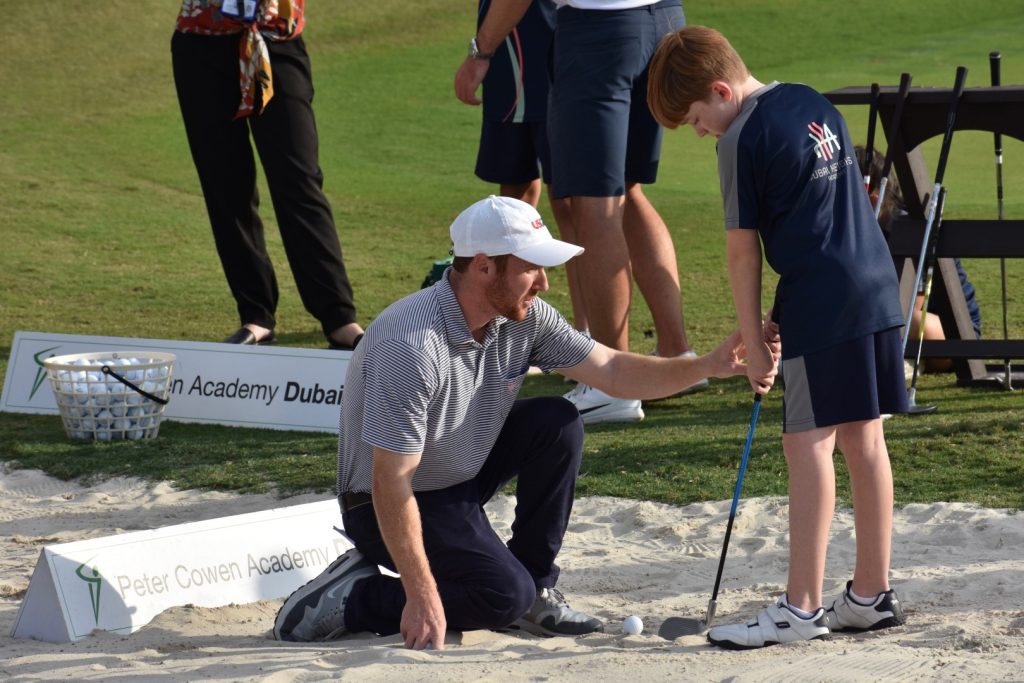
Today he is a teaching professional at the Country Club of Birmingham, “I teach golf for a living, and I run our junior programme…so I’m out there with the kids and trying to help out the next generation of golfers.” The training that Chris has received along with this life experience has really helped his coaching. He is fascinated by the golf swing and takes videos of various players to better understand how they play. One such player is the twice European Individual Champion for Golfers with Disability, Juan Postigo, “Sometimes a student might say ‘oh I had knee surgery eight years ago, and it hasn’t been great’. And so I say, yeah, well look, this guy he doesn’t have that leg and look what he can do. I want to push them a little bit and see, if it’s the right student, how far they can go.”
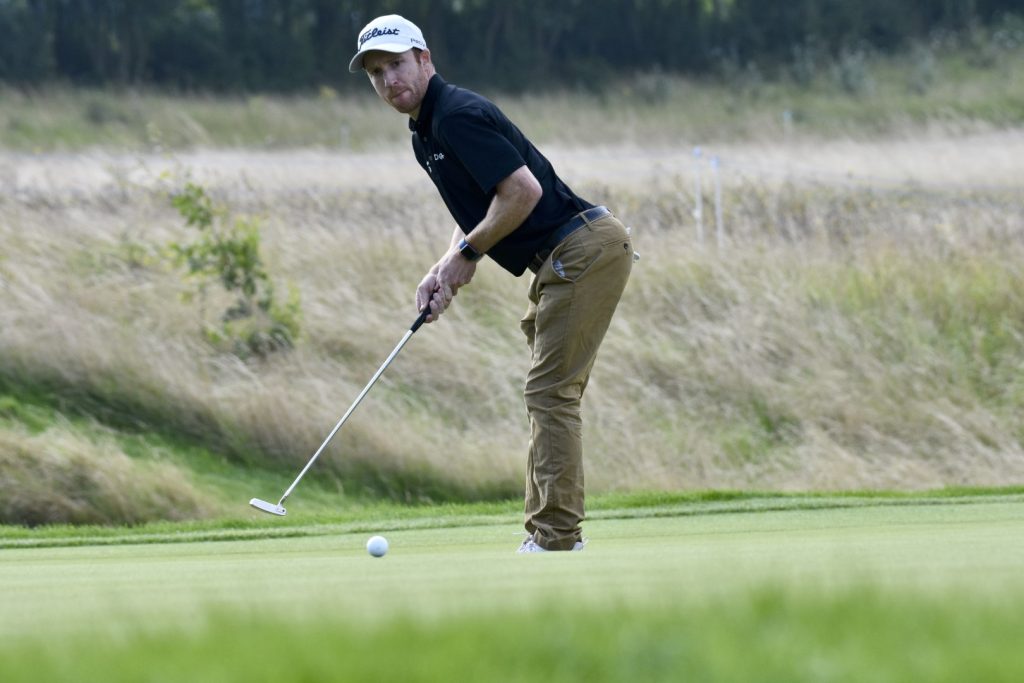
Chris has determination in bucket loads and turned to Alpine Skiing after graduating college because he felt that he had no further competition potential in golf. Where else could he compete? “I love training and trying to get better. Half the year alpine skiing, the other half of the year golf, and both sports kind of feed off each other. Because the skiing makes me a lot stronger, which feeds into the golf, and I guess overall what I really like about sport, is the harder you work, in the right ways, the better you get.”
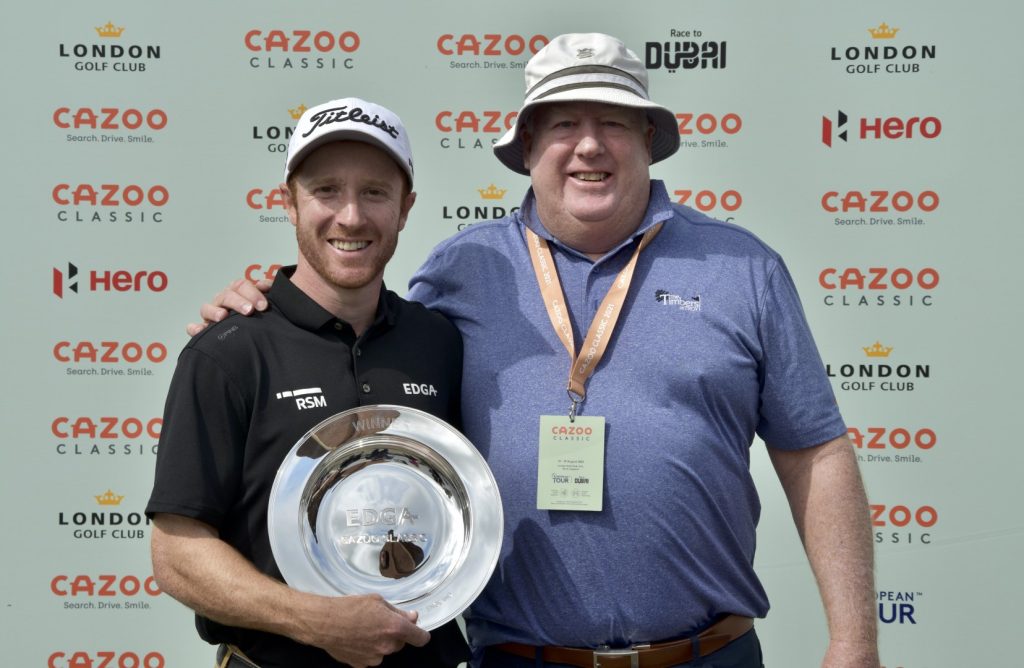
The thought that golf might one day become a Paralympic sport motivates him. Chris appreciates the steps that golf has taken over the last few years, “Now with the World Golf Rankings [for Golfers with Disability]…we have a lot of momentum. It’s really exciting to see the sport turning into something that we wanted it to be. It is really cool that this Ranking exists, but the biggest thing for me is that it’s helping us to get golf further on into our big goal, which is getting into the Paralympics.”
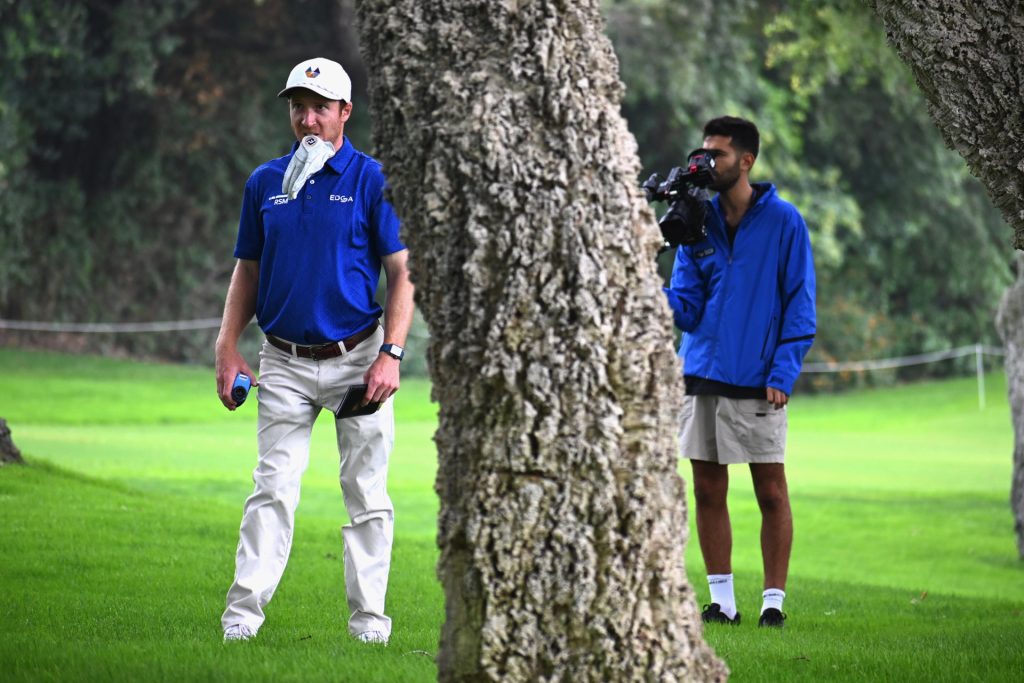
Chris considers sport as a vital part of his life. Golf is his career, but it is more than a job, it is essential “I don’t feel like I’m disabled during those moments [in sport]. When I’m walking down the street, you can tell I’m disabled. And so golf is sort of my backbone, and so when I play golf, I feel like everyone else, when I ski I feel like everyone else. Golf is that platform for me to be as good as I want. And it’s something that I can channel all my workout efforts into and all my free practice time to, something that I can keep getting better and better at.”
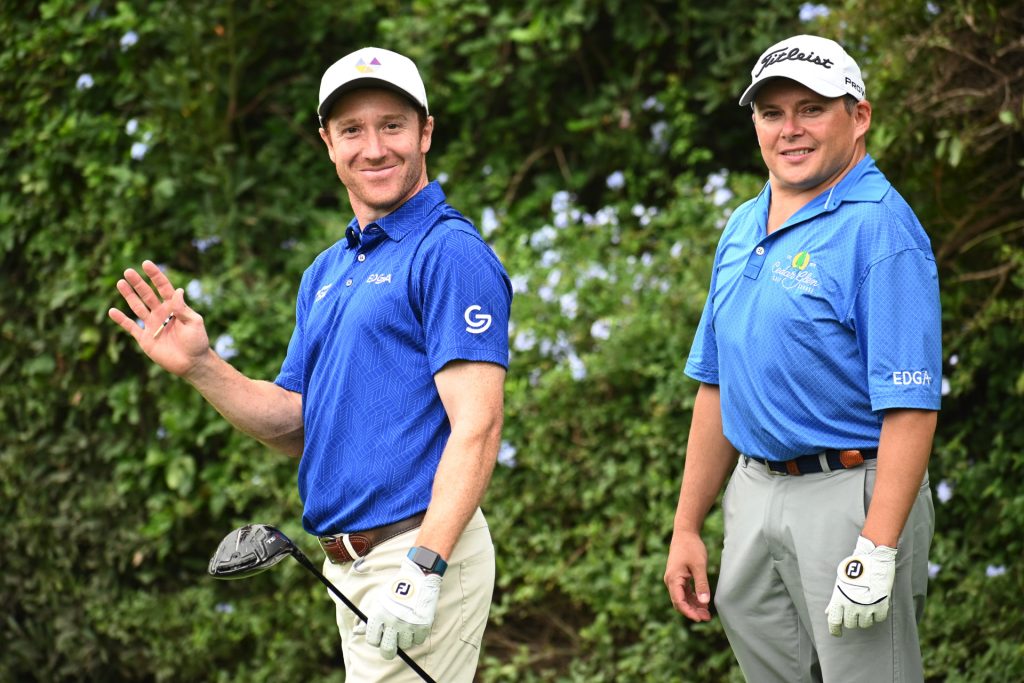
With time and experience, Chris has gained new perspectives, not only on the game but in life, “Overtime I’ve learned that how I play each day is not that important, but it is how I come off [the course]. I’d rather play a bad round and come off as a nice person, and as a joy to those, I’m playing with, as opposed to playing great and being kind of a jerk the whole time. The more I play, the more I realise that golf is not the be all and end all. But it is something great.”
Chris is grateful. He is happy in his life, but still, he has just enough discomfort to strive, to learn, to get better. His final words are a fitting waypoint to a life that is full of optimism and service to help more youngsters reach their potential.
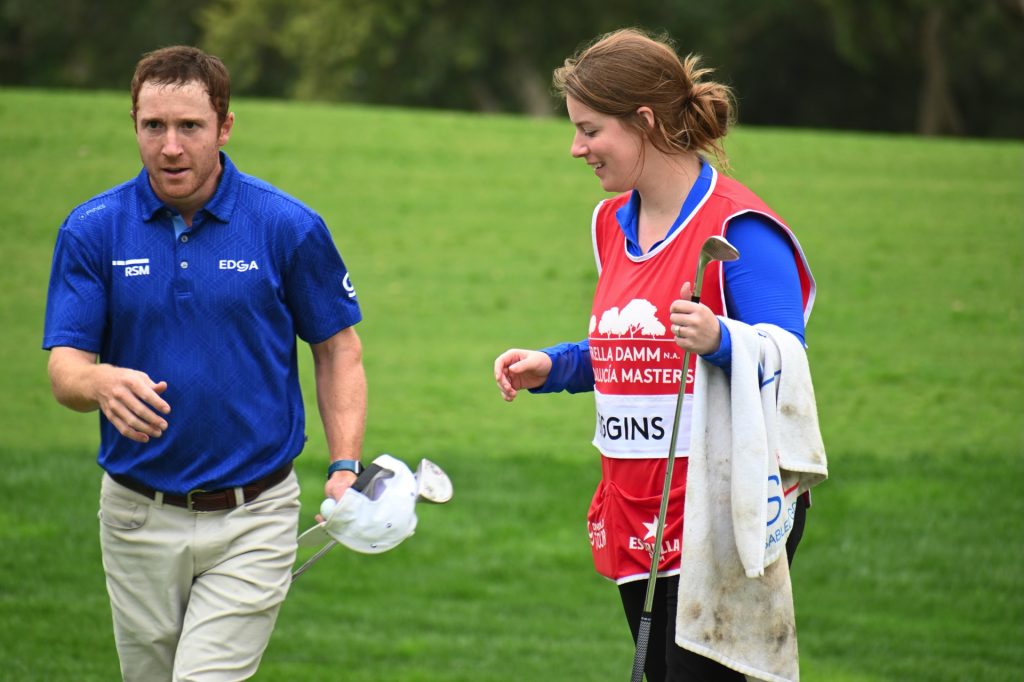
“These words are from my seven-year-old self who would fall down trying to hit a ball as far as my able-bodied friends. From my 10-year-old self who was trying to hit golf balls in my front yard on the first day that I was allowed out of a wheelchair following surgery, picturing myself in a professional event. From my 16-year-old self who didn’t make the baseball team because I wasn’t fast enough” and so instead chose to pursue golf, the most inclusive sport I know. Thank you, my brothers, who pushed me to never give up, holding onto a strain of hope that one day, their brother could compete at the top level. Thank you to my coaches, parents, and friends who fought to give me every opportunity to succeed in athletics. These words are from my 22-year-old self who thought that my competitive career was over after college golf ended. Finally, these words are from me today, as a PGA of America golf professional trying to grow the game. All of the falls, embarrassments, failures, and struggles along the road are now all worth it.”
Contact EDGA
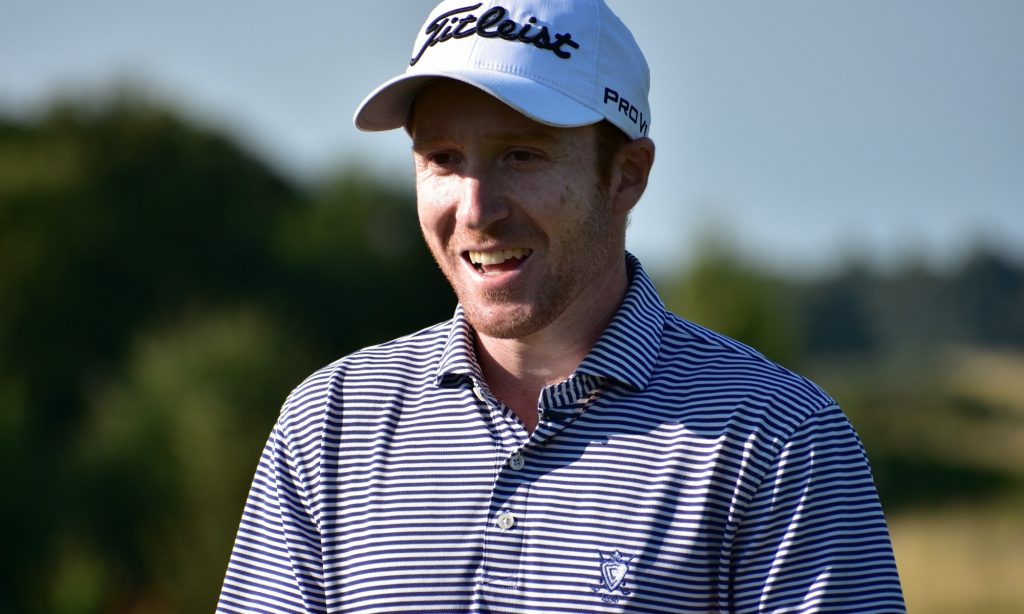
NB: When using any EDGA media, please comply with our copyright conditions


